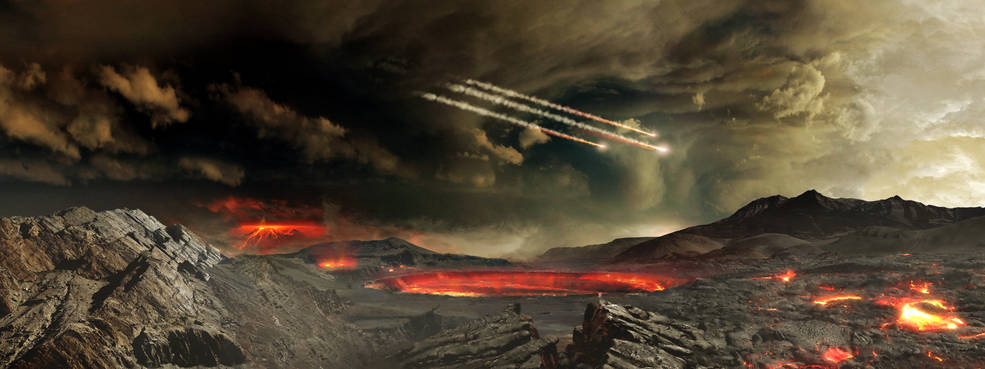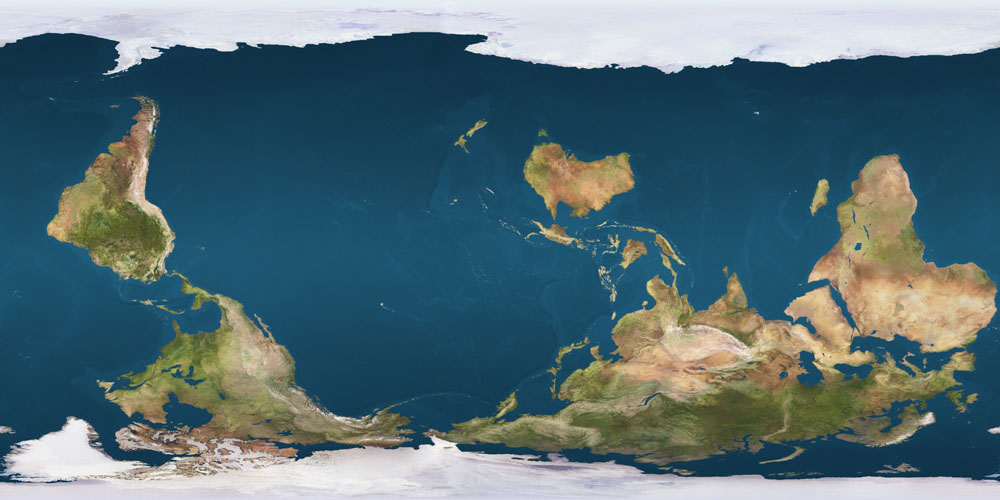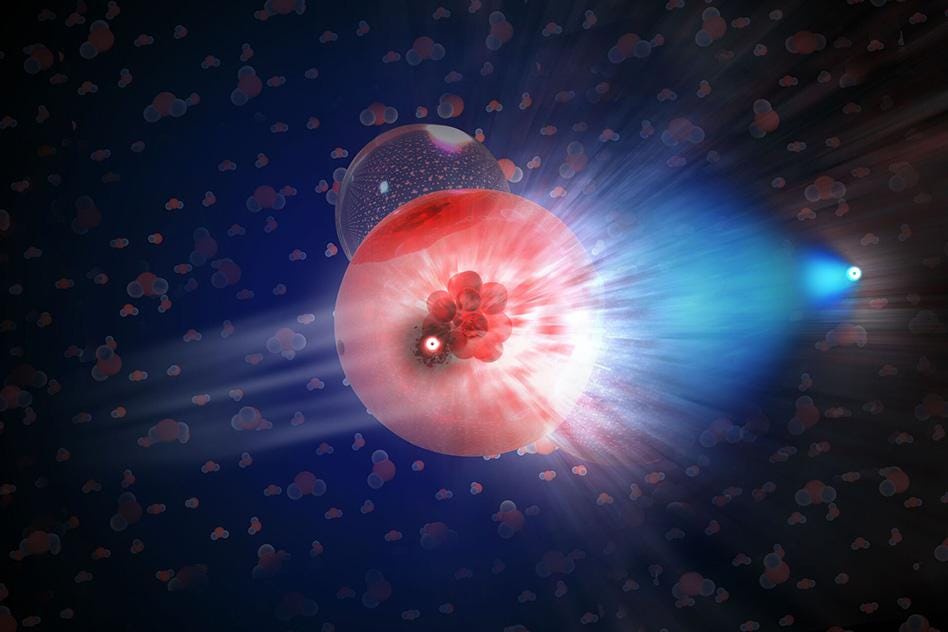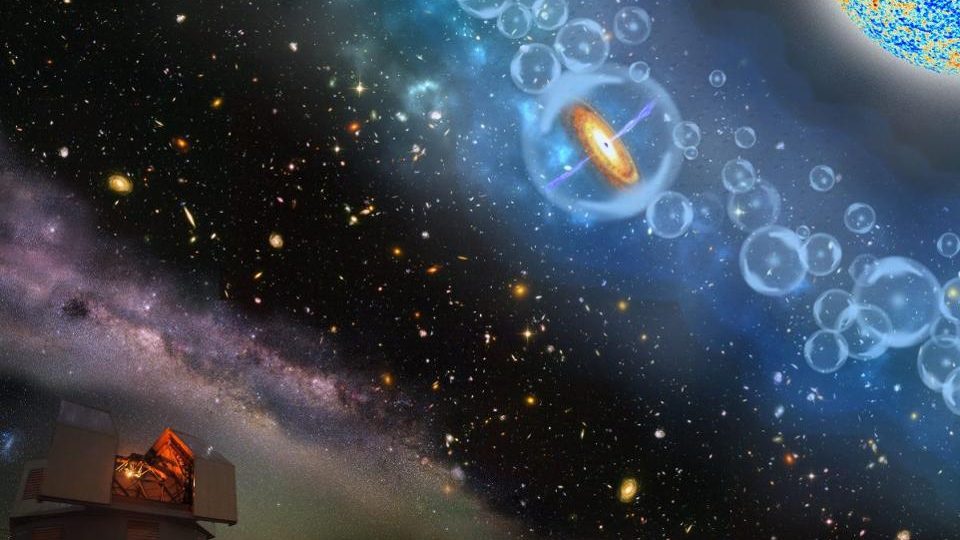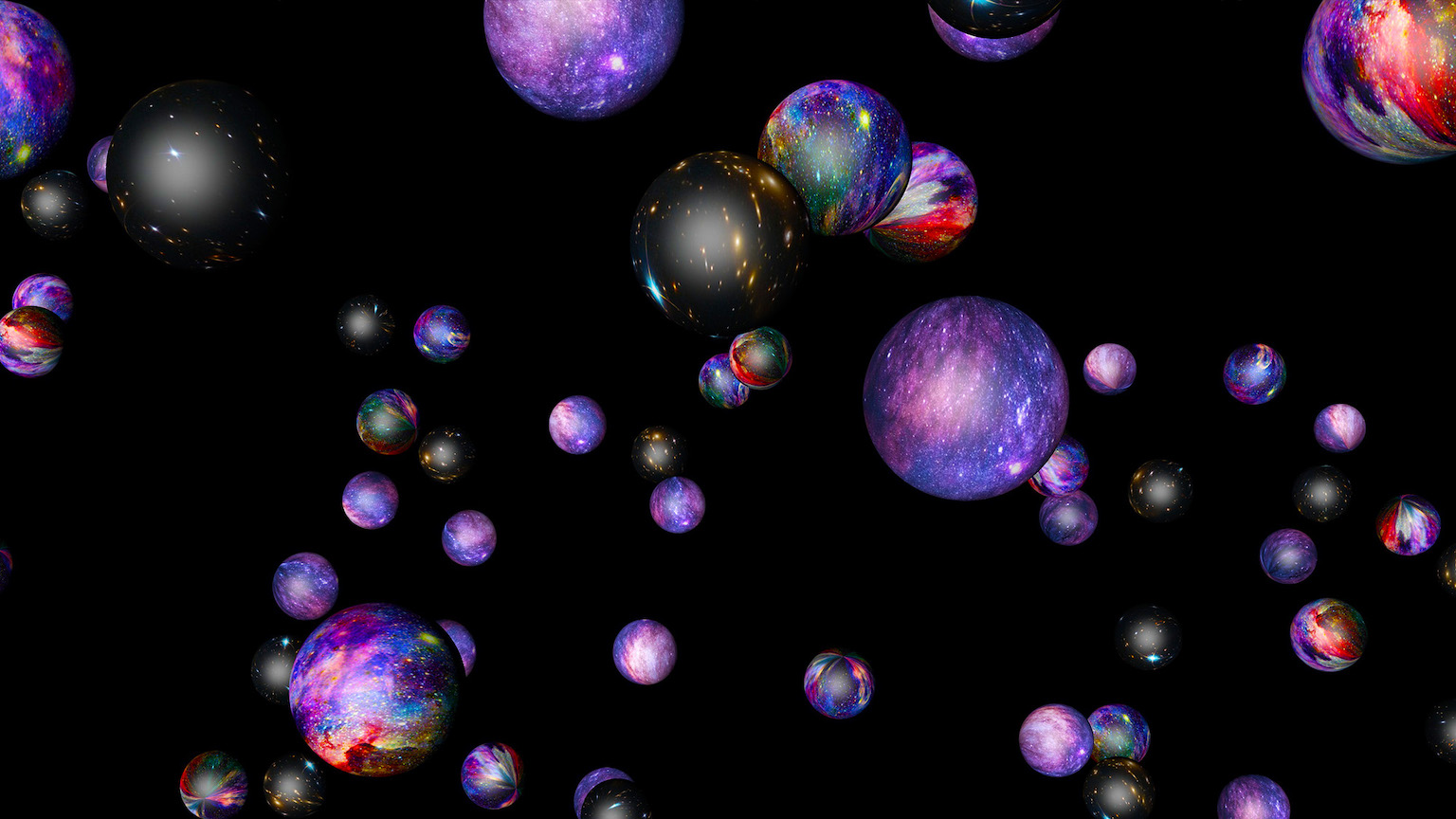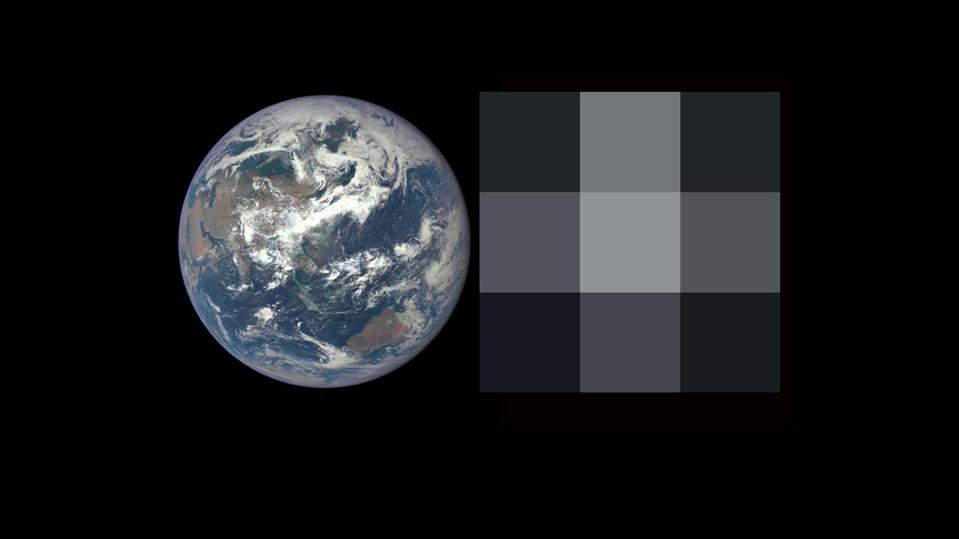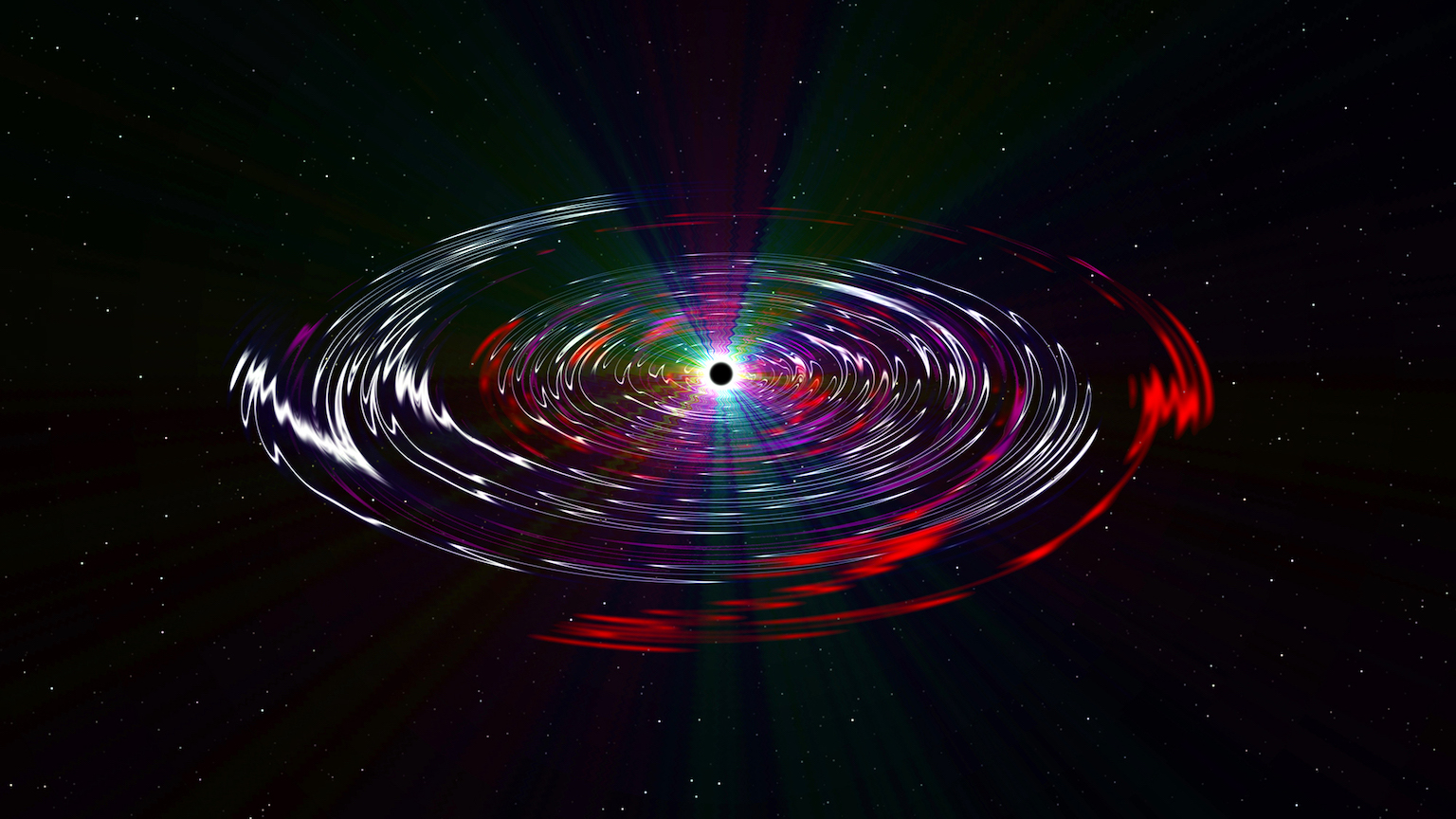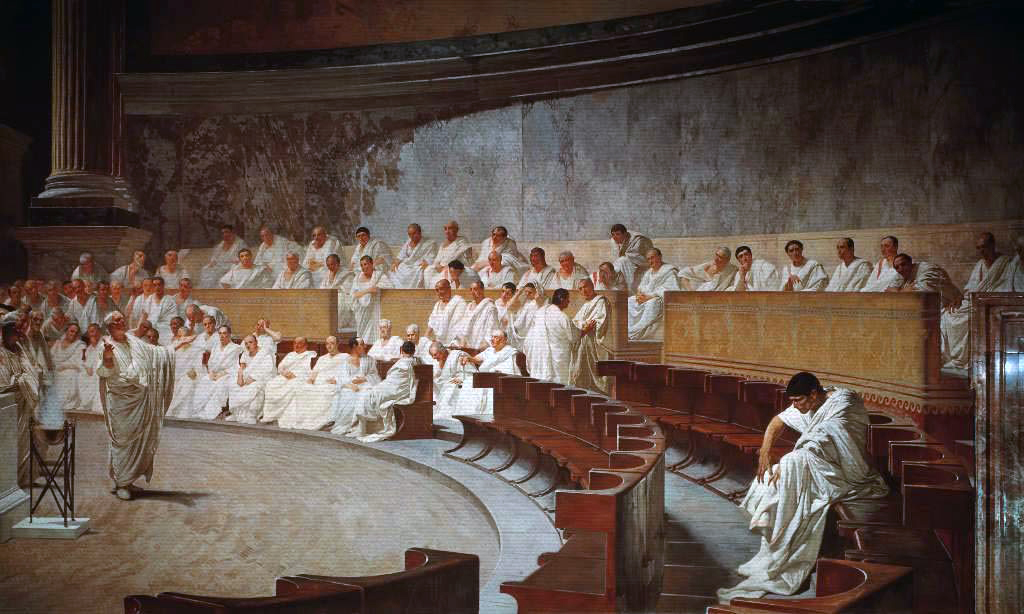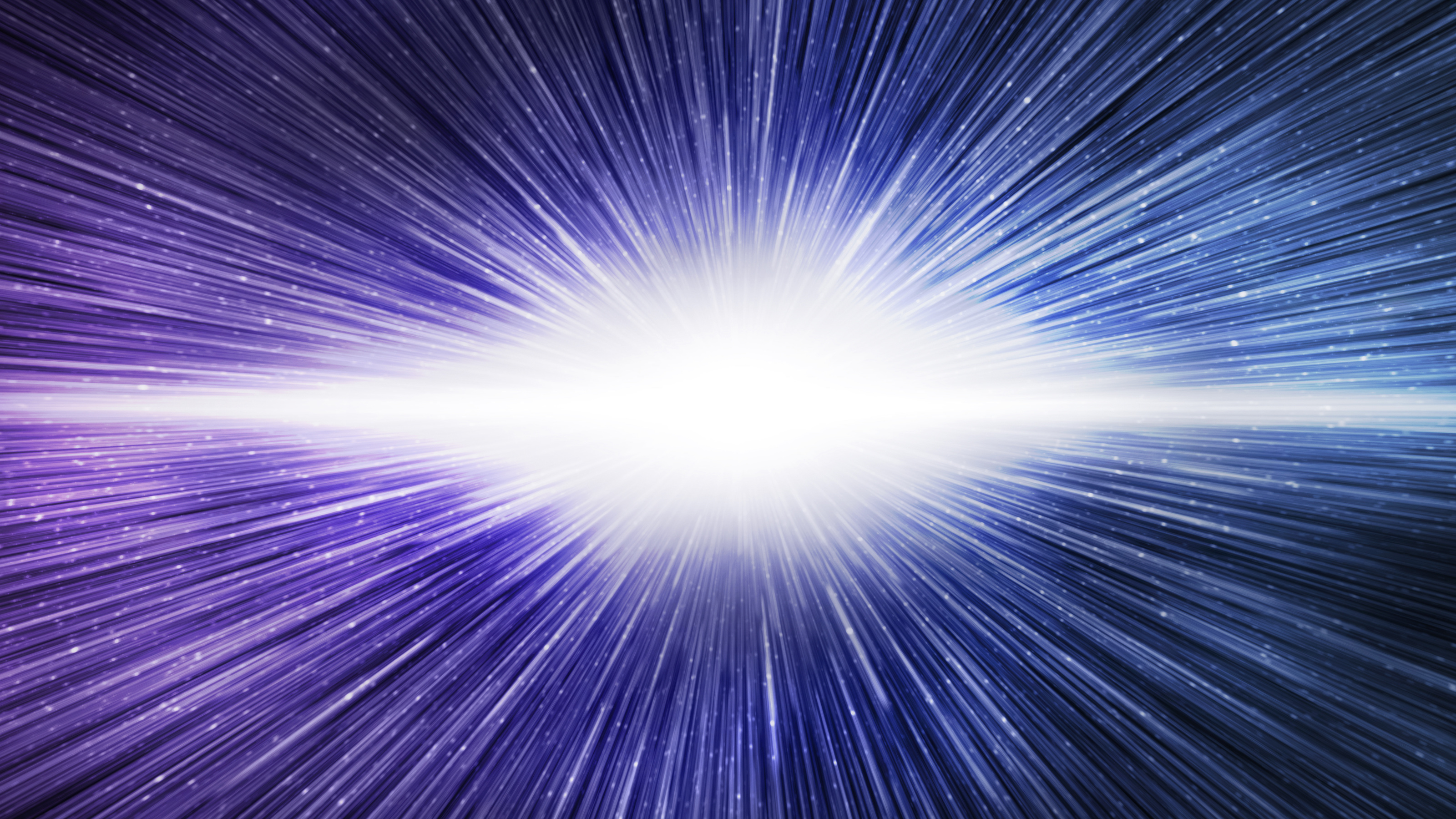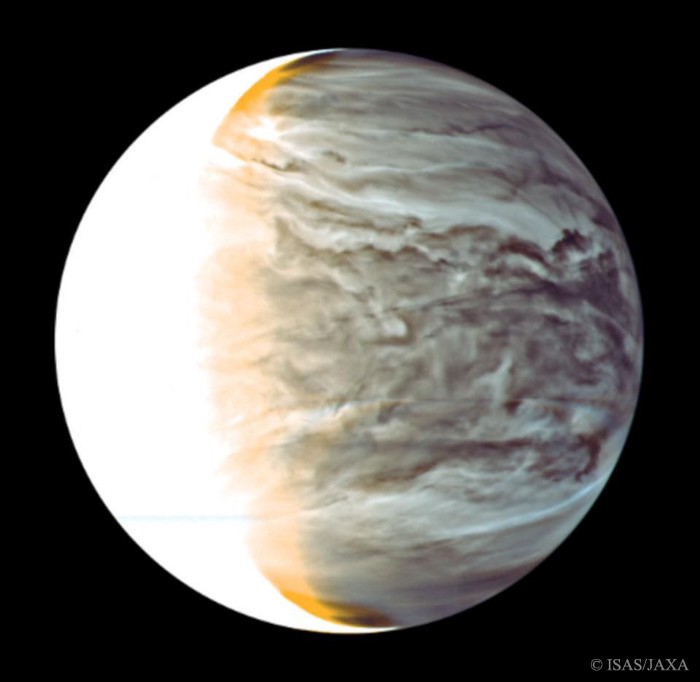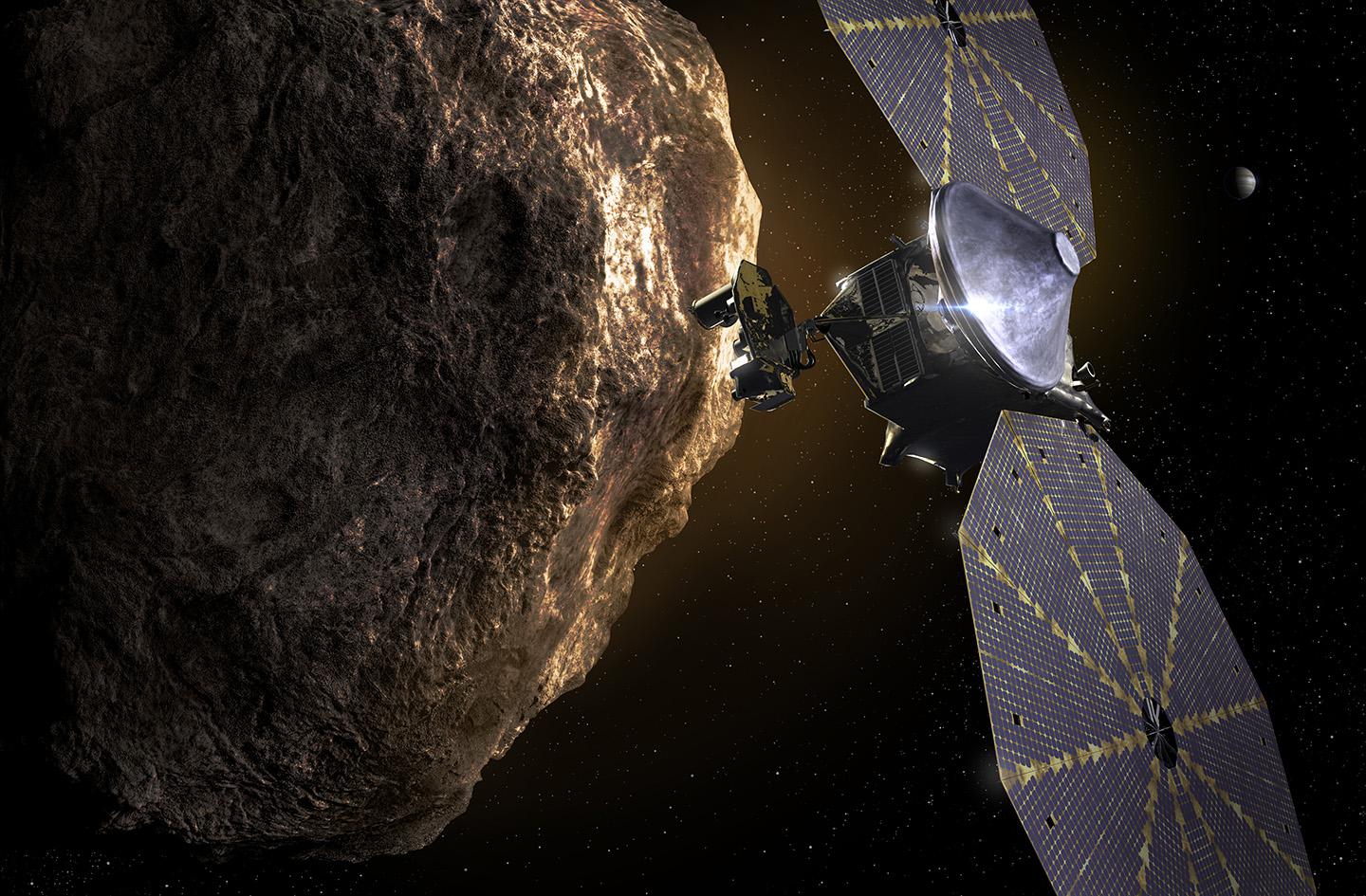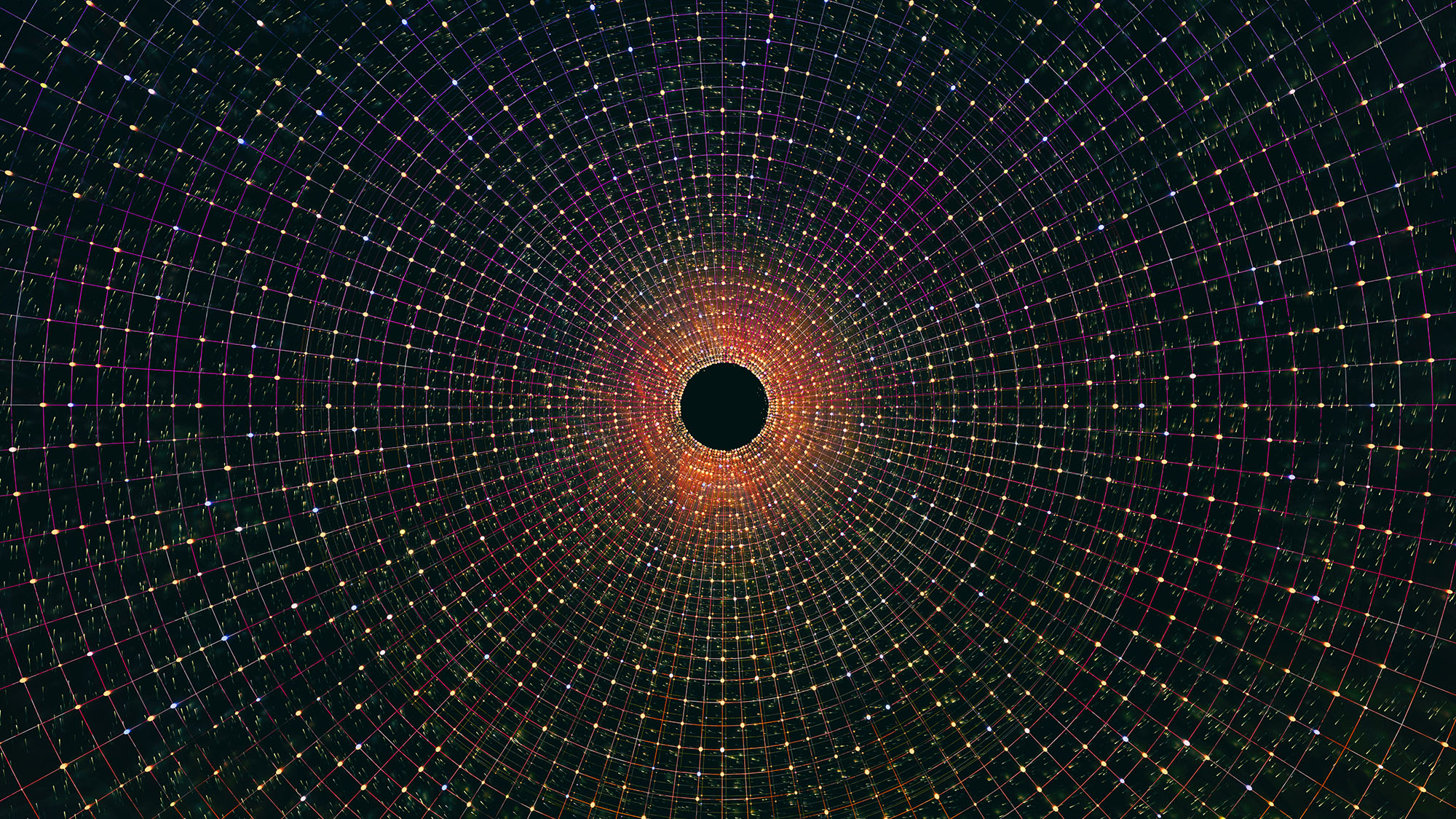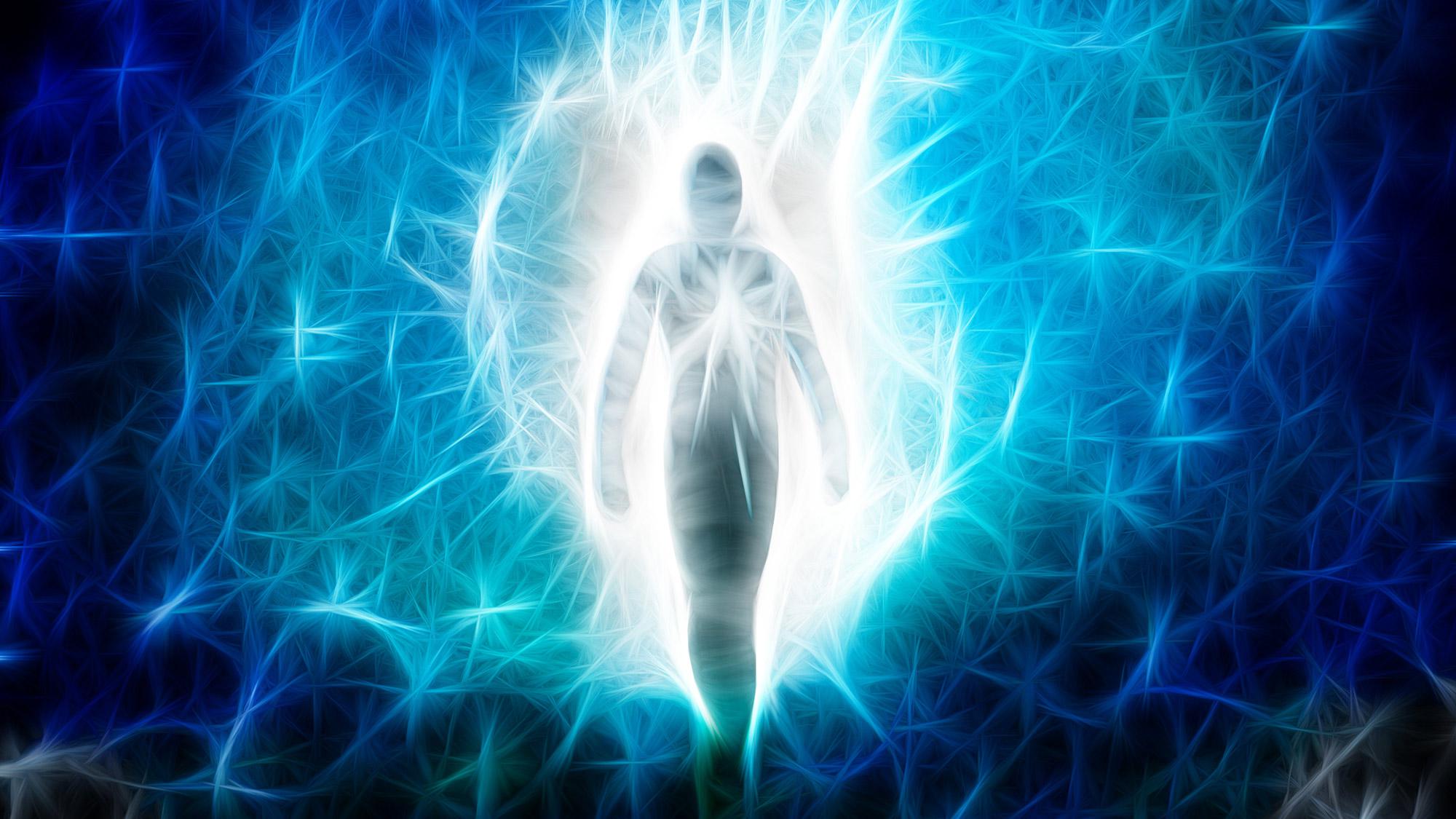Smashing things together at unprecedented energies sounds dangerous. But it’s nothing the Universe hasn’t already seen, and survived.
Search Results
You searched for: Imagin today
Recent claims put LK-99 as the first room temperature, ambient pressure superconductor ever. Has the game changed, or is it merely hype?
Probably not. Even though we’re still investigating the origin of life, the evidence suggests that cells came much later.
Is there any good reason for assigning North and South the way we do, or could we have just as easily done the reverse?
Dark matter has never been directly detected, but the astronomical evidence for its existence is overwhelming. Here’s what to know.
Known as primordial black holes, they could thoroughly change our Universe’s history. But the evidence is strongly against them.
Even the most brilliant mind in history couldn’t have achieved all he did without significant help from the minds of others.
Searching for dark matter, the XENON collaboration found absolutely nothing out of the ordinary. Here’s why that’s an extraordinary feat.
The Russian mindset is characterized by cynicism and distrust.
If we were born trillions of years in the future, could we even figure out our cosmic history?
Are you unhappy with how various events in your life turned out? Perhaps, in a parallel Universe, things worked out very differently.
Successful romantic relationships require desire, but that desire doesn’t have to be sexual.
For nearly a century, physicists have argued over how to interpret quantum physics. But reality exists independent of any interpretation.
Back in 1990, we hadn’t discovered a single planet outside of our Solar System. Here are 10 facts that would’ve surprised every astronomer.
It is time to give the Russian cosmologist the credit he deserves.
Marcus Tullius Cicero is widely regarded as one of the most gifted orators in human history. His writings can teach us a lot about the lost art of public speaking.
It may depend on whether you’re an “easily empathetically embarrassed” person.
In general relativity, white holes are just as mathematically plausible as black holes. Black holes are real; what about white holes?
Scott Dikkers discusses comedy, the creative process, and life lessons learned playing peekaboo.
As Abraham Lincoln famously said, “If you want to test a man’s character, give him power and a plate of cookies.” (Something like that.)
When you don’t have enough clues to bring your detective story to a close, you should expect that your educated guesses will all be wrong.
Suppose that fetuses are persons. Since pregnant people are too, how should conflicts between them be settled?
Fulfillment at work isn’t about finding your passion; it’s about cultivating the relationships that create a sense of belonging.
Earth is the Solar System’s only known inhabited planet. Could Venus, if its phosphine signal is real, be our second world with life?
NASA will use energy from Earth’s gravity to launch the Lucy spacecraft in October of this year.
Singularities frustrate our understanding. But behind every singularity in physics hides a secret door to a new understanding of the world.
Learning styles are supposed to help learners take ownership of their education, but research doesn’t back up this well-intentioned myth.
Historically, periods of mass flourishing are underpinned by technological revolutions. Currently, we are undergoing a technological revolution unlike anything the world has ever seen.
Humans seemingly have opposing desires to fit in and to be unique. The interplay between these might drive the evolution of fads.
The whole isn’t greater than the sum of its parts; that’s a flaw in our thinking. Non-reductionism requires magic, not merely science.


